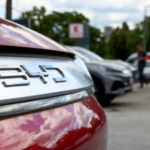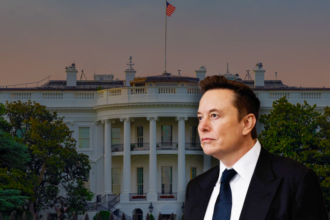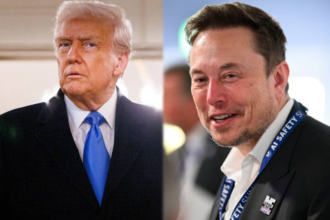The famous Birmingham-based chocolatier Cadbury has lost its royal warrant for the first time in 170 years. The choice falls under King Charles’s rule, deviating from the brand’s long-standing royal connection.
Given Queen Victoria’s first royal warrant in 1854, Cadbury carried the endorsement as a mark of quality in cocoa and chocolate production. But the brand, now owned by US company Mondelez International, has been left off the revised list of warrant holders under the new King.
Mondelez's response to the ruling?
Losing the esteemed stamp of approval disappointed Mondelez International.
“Whilst we are disappointed to be one of hundreds of other businesses and brands in the UK to not have a new warrant awarded, we are proud to have previously held one and we fully respect the decision,” a company spokesman said.
The loss means Cadbury will remove the royal coat of arms from its packaging, advertising, and stationery.
What does the Royal Warrant List look like now?
The royal warrant is approved for up to five years and given to businesses providing products or services to the King. King Charles has extended warrants for 386 companies—including John Lewis, Heinz, and Nestlé—that had serviced Queen Elizabeth II.
Among the fresh listings are well-known food and beverage companies such as Moët and Chandon, Weetabix, and chocolate makers Bendicks and Prestat Ltd. The warrant still marks excellent quality and dependability and greatly helps UK companies.
A well-known corporate consultant underlined the value of the royal warrant for British companies for British companies.
“A royal warrant is seen to have significant financial advantages and is a seal of approval. What is a royal warrant for if it is not to support British jobs and British production? They asked.
Why Do Ethical Endorsements Increasingly Matter?
Following the invasion of Ukraine, lobbying group B4Ukraine earlier this year asked King Charles to review royal warrants for businesses “still operating in Russia”. The petition particularly cited Mondelez and Unilever, another corporation recently deprived of its warrant.
This action fits the King’s more moral stance on royal sponsorships.
What legacy of Chocolate innovation does Cadbury leave?
The loss of the warrant coincides with a historic year for Cadbury as it marks its 200th anniversary. John Cadbury started the business in 1824 as a little grocery store in Birmingham offering cocoa and drinking chocolate.
Under the direction of John Cadbury’s sons, the business grew rapidly and established the famous Bournville plant, now the biggest cocoa producer worldwide. Cadbury became a hallmark of British chocolate quality, but its history changed when US food behemoth Kraft Foods acquired it in 2010; today, Mondelez International.
What does losing the royal warrant mean?
Losing the royal warrant will change Cadbury’s marketing plan and brand. Experts observed that the adjustment will raise expenses as the corporation rearranges its packaging.
“Cadbury’s association with the royal family has been part of its identity for nearly two centuries,” one analyst remarked. “This loss could affect its impression among consumers; it is more than just a branding change.”








